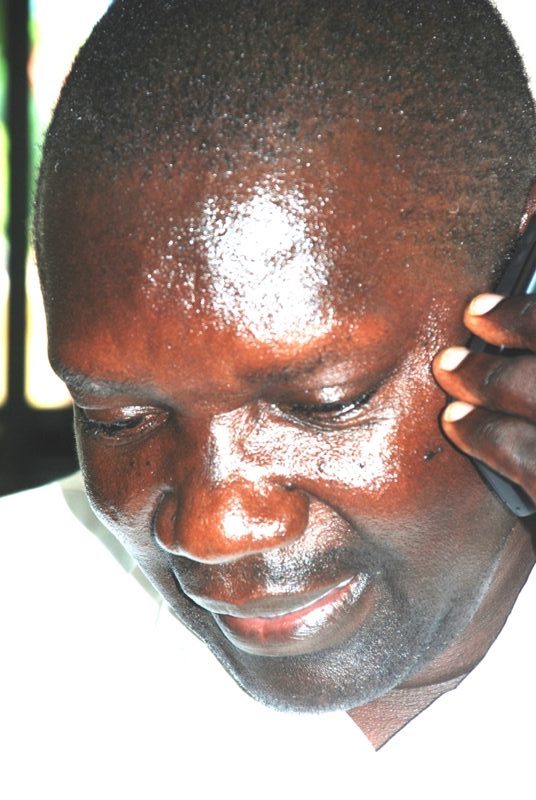If you were praying for electricity, it’s a good idea to keeping praying. the Electricity Corporation has discontinued new connections, following sudan’s embargo on the south. New Times had a conversation with MICHAEL WANI KENYI ARINGO, Director, southern sudan Electricity corporation:–
Q. We see darkness everywhere we look. What is the problem?
A. Electricity supply is okay. There’s no problem. It’s only the fuel crisis, which is a national crisis. Otherwise, we are ready to go. Machines are working.
Q. Anyway, people are in the dark here and many had hoped to see power by independence day. Some would have hoped that you would import fuel from Uganda and Kenya?
The prices are very expensive. Even in Uganda and Kenya, the fuel is not there.
Q. You can’t afford or you are you not making an effort to afford? How expensive is expensive?
In Mombasa they sell diesel at $1 dollar. If you are transporting it the cost comes to $3. If you change that to Sudanese Pounds the cost is about 10 Sudanese Pounds. In Khartoum, diesel would arrive here at about 2 Sudanese Pounds. Imagine that difference.
Q. What kind of fuel do you normally use to light up southern Sudan?
We use normal diesel. Previously we got this from Khartoum. But the closure of the border has meant that there is no fuel.
Q. Can people hope to get power in, say, within a week, a month? What exactly will happen?
That one I can’t solve. To tell you the truth it is out of our control.
Q. Does it now mean if the border closure goes on forever the darkness will go on forever?
That one I can’t tell. But there are meetings among stakeholders. We have a meeting today at the ministry of Energy. We are brainstorming solutions.
Q. We will wait for that meeting then. But if the crisis had not broken out what was your coverage plan for this year, at least by Independence Day when the country needs to show the world that the darkness of 2005 and 2006 is now forever behind?
The issue is supply and demand. The demand is growing. Juba is growing too fast. People are building, constructing. However much we supply, it is not enough. Juba, right now, needs 50 Megawatts. We currently supply about 12 megawatts. What we have now we can’t meet the demand.
Q. Juba, with probably 95 percent not on the power grid, is a diesel generator city. is the fuel crisis the reason you have stopped connecting new facilities and buildings to the power grid?
No, the issue is different. We used to get materials from Khartoum – metals, wires – but they are not there. We have a problem after the border was closed. Now they have become very expensive.
Q. How many connections do you hope to make this year?
We planned for about 2000. That is a projection, but sometimes we don’t have materials.




